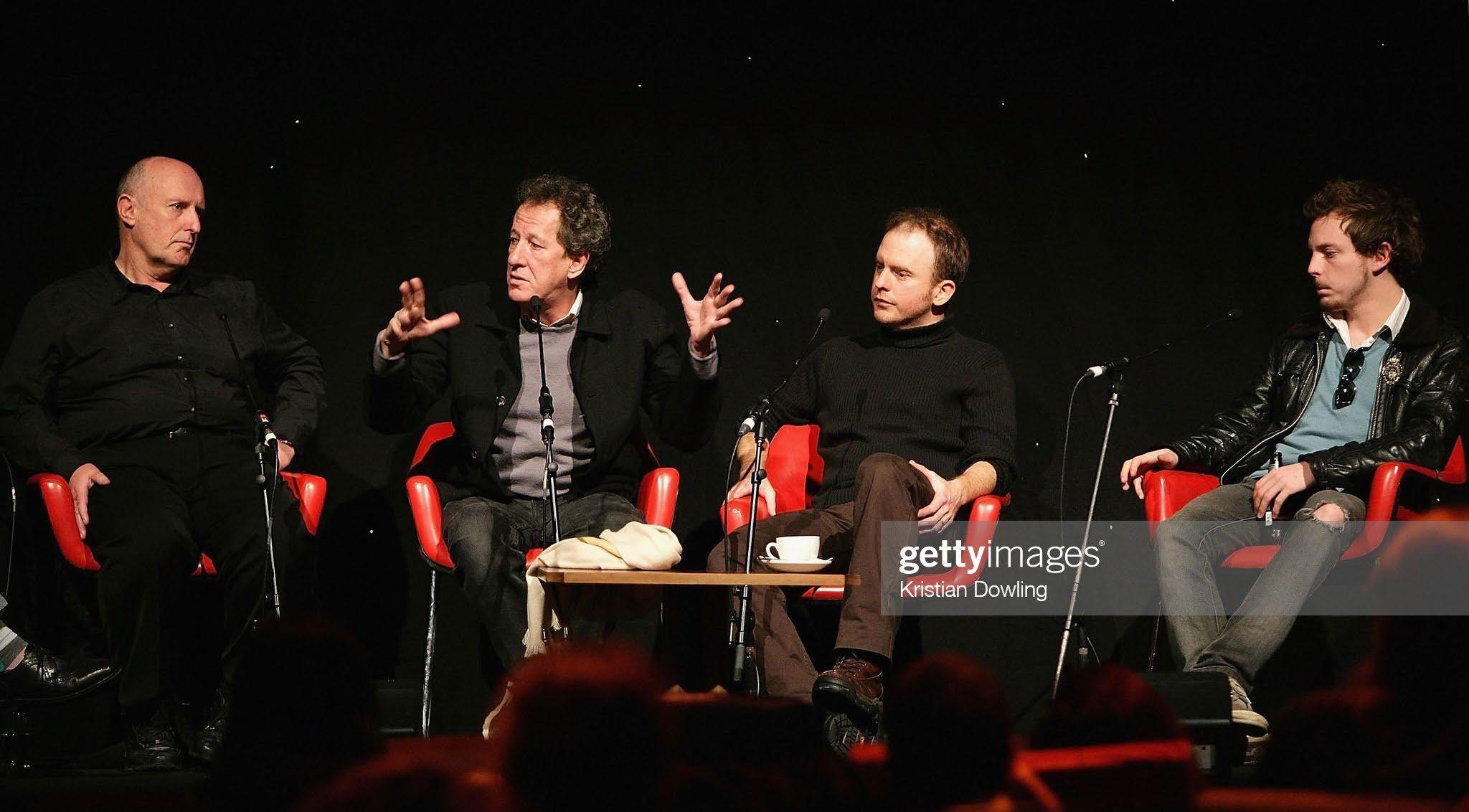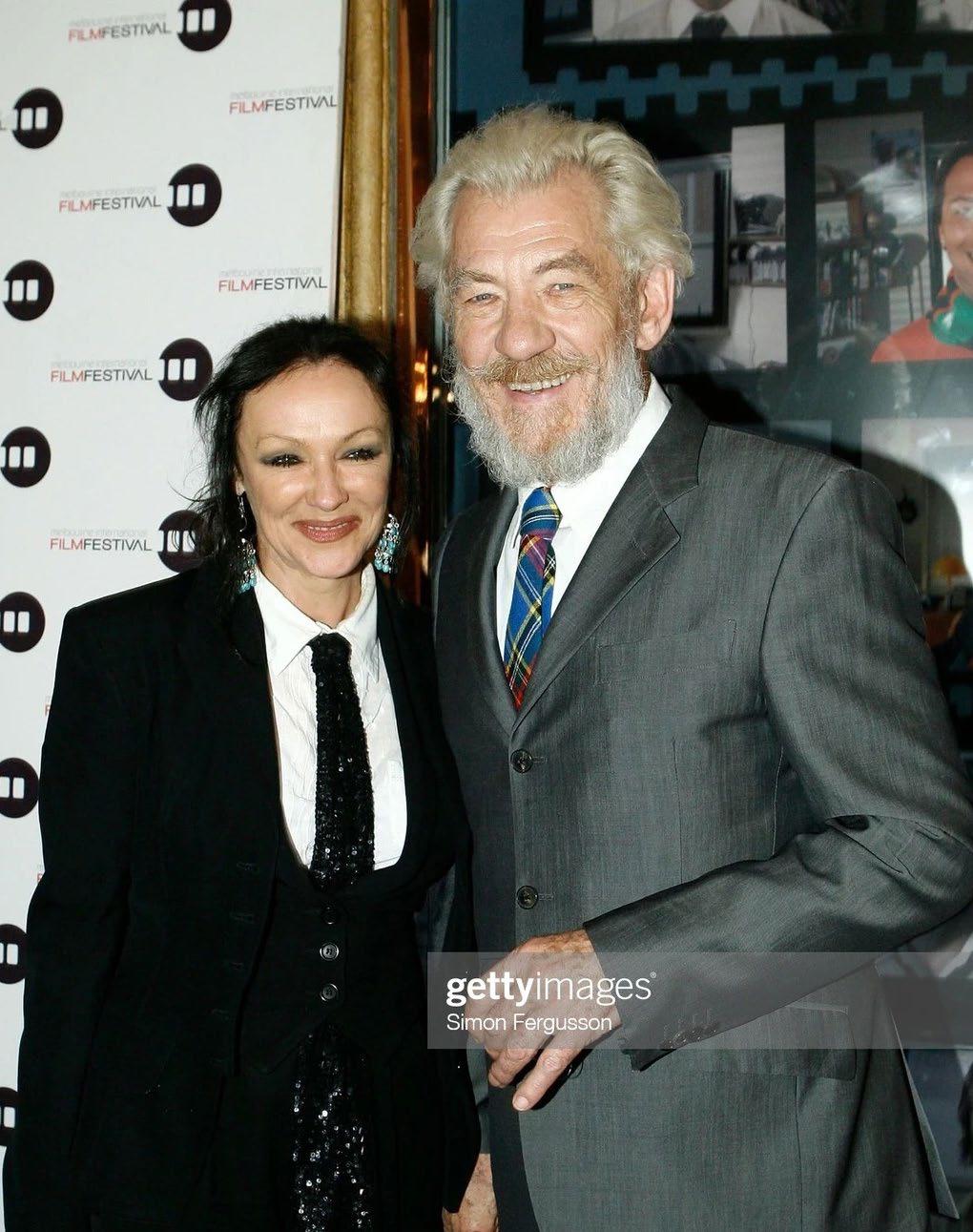
2 minute read
CELEBRATING CINEMA AT THE MELBOURNE INTERNATIONAL FILM FESTIVAL
✦ Now in its 71st year, the Festival offers much for film buffs Down Under
The MIFF premiered in 1952, making it one of the oldest film festivals in the world only behind Cannes, Venice and Berlin. Over the years it has developed to become renowned as not only Australia’s leading and most iconic film festival but the largest of its kind in the entire southern hemisphere, where films premiere throughout selected cinemas in the CBD alongside a range of industry specific events. Accredited by the American Academy of Motion Picture Arts and Sciences, the Australian Film
Last year’s MIFF saw over 300 feature films.
Institute and the British Academy of Film and Television Arts, the MIFF also has major social economic benefits as it generates millions of dollars for the state of Victoria each year.
Some of the industry specific workshops and events running throughout the festival include:
• Accelerator, an educational skills development program run over four days for emerging directors who have short films screening at MIFF.
• MIFF 37ºSouth Market, which serves as a film financing program for producers.
• MIFF Premiere Fund, which provides essential finance support for local feature-length films.
• MIFF Talks program, where guest directors, actors, screenwriters and producers engage in panel discussions.
Last year’s MIFF saw over 300 feature films, documentaries and short films screened from
81 different countries and in 74 different languages. It’s therefore safe to say it is an occasion that warmly embraces diversity and provides an eclectic mix of productions to its audience. As the MIFF itself states, its vision is to create “an enlightened, inclusive, engaged society through film” by bringing “the story of the world through curated and unforgettable screen experiences”. Furthermore, there is the MIFF Schools initiative which aligns with the Victorian Curriculum learning program and provides discounted access for students and teachers alike as many of the films screened each year are in languages taught in state schools, such as Japanese, French, Spanish and Mandarin.
The main prizes for works submitted to the festival include the $140,000 Bright Horizons Award, which celebrates emerging filmmakers, the Blackmagic Design Australian Innovation Award, which rewards outstanding Australian creativity within a film playing during the festival, and the Audience Award, where viewers vote for their favourite film and documentary aired throughout the festival. There is also the Shorts Awards category with a total cash prize pool of $63,500 where winners become eligible for consideration at the annual Academy Awards Oscars ceremony in the United States.
Some of the highly-anticipated offerings this year at MIFF include No Bears, Smoke Sauna Sisterhood, 20,000 Species of Bees, How to Blow up a Pipeline, Monster, the Eternal Daughter, Autobiography, A Couple, La Chimera, BlackBerry, Femme, Showing Up starring Michelle Williams, May December starring Julianne Moore and Natalie Portman, and the Wim Wendersdirected Perfect Days.
Aussie specific produced offerings include the Hugo Weaving starring feature The Rooster, Keeping Hope, Shayda, Mercy Road, Kindred,
Monolith, Hello Dankness, The Coolbaroo Club, Birdeater, The Carnival, Japanese Story and The Hidden Spring.
The opening night gala kicks off with the screening of Shayda, an Australian-produced film that stars Cannes Best Actress winner Zar Amir-Ebrahimi as an Iranian mother in an Australian refuge centre seeking a new life for herself and her daughter. The festival closes with American comedy Theater Camp, which won the US Dramatic Special Jury Award for Ensemble at this year’s Sundance Film Festival. miff.com.au

More information on the festival, including how to access passes, can be found here.










